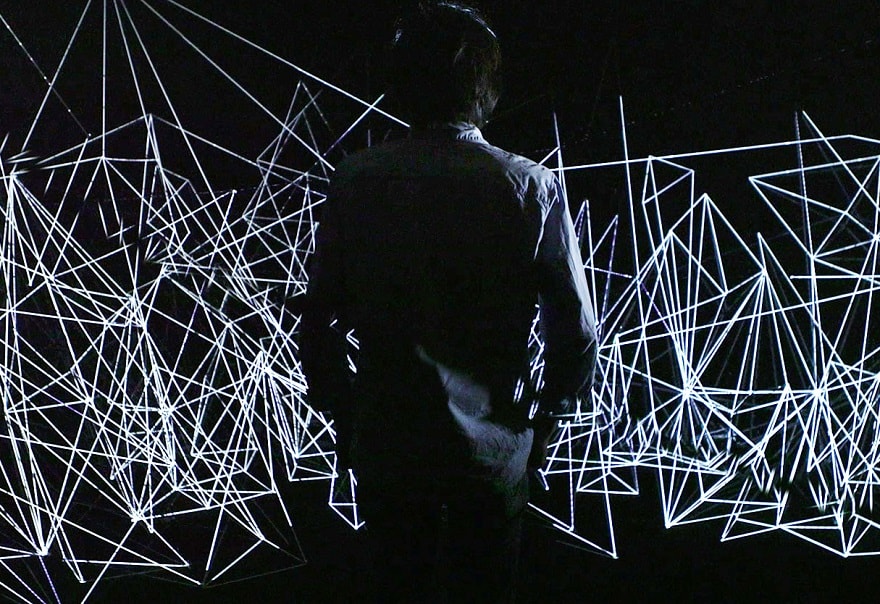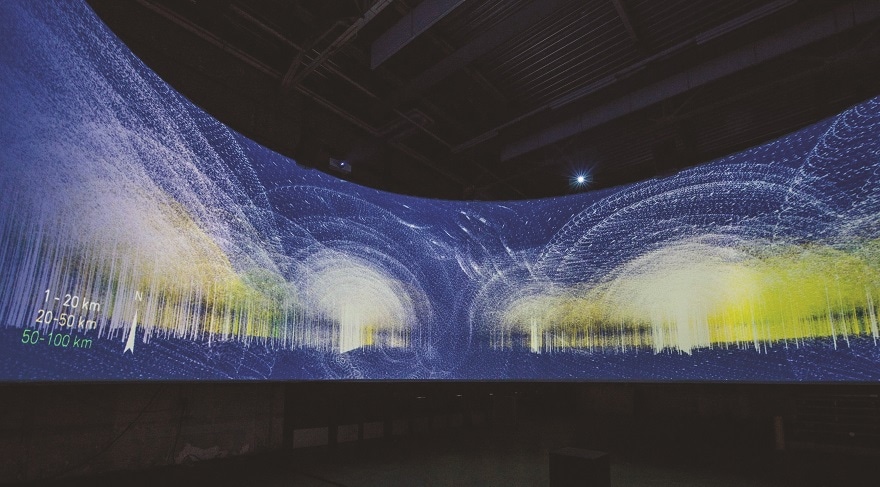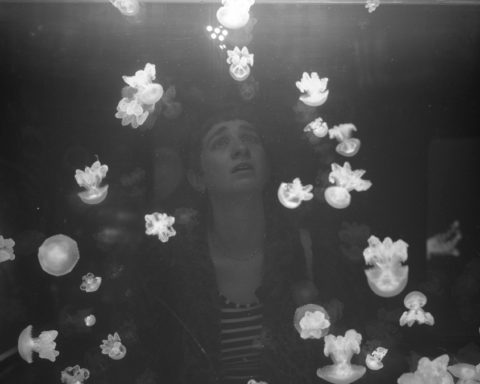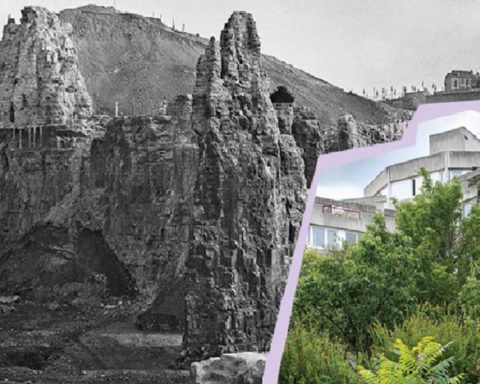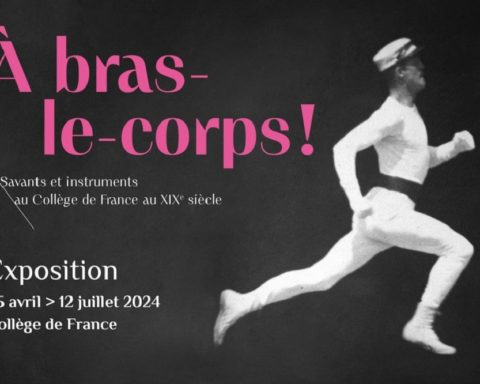Is culture an object of consumption like any other? Elitist or open, sclerotic or always on the move, object of contemplation or consumption, what is culture after all, and how do the French enter into dialogue with it? The second survey by the Cetelem / Harris Interactive Observatory devoted to this theme looks at the importance that the French attach to classical and contemporary works, and the ways in which they consume them.
En choosing culture as the second major theme of Zooms 2018, the Cetelem Observatory proposes to explore the relationship of the French to an object whose kaleidoscopic contours are defined both individually and collectively.
The new cultural consumption of the French
- Was it better before?
Do the French perceive a before and after May 68 in the production of cultural works? When asked to compare current production with that of 50 years ago, they now highlight diversity (43% more than before) and ease of access to works (42%), a sign of the gradual democratization of culture over the years. However, this democratization is accompanied for them by a real questioning of the value of current production, the feeling that works have become more commercial (61%) being expressed in the majority. The questioning of quality (34% less than in the past) and the capacity to produce masterpieces (33% less than before) are also the most salient criticisms of today's works, although the majority are more inclined towards a lack of evolution on these two points (51% and 55% respectively).

-• A limited and contrasted knowledge of the works
The French maintain a certain reservation regarding the assertion of their knowledge of cultural works: only a short majority (51%) declare having a good knowledge of classical cultural works, of which only 6% claim a very good knowledge. Older French people (58% among those aged 50 and over), those in higher intellectual professions (59%) or those from the Paris region (59%) claim greater proximity to this classical culture than younger people, with those from the working class categories admitting more gaps. Declared knowledge of classical works nevertheless proves to be much more important than that of contemporary creation, which only 27% declare to be well known (of which 4% very well). While once again, the well-off categories stand out with a better declared knowledge (35%), the generational ratio is reversed and the youngest claim a better knowledge of today's works (36%) than their elders.
Whether in classical or contemporary culture, the acquisition of knowledge appears to be an act of personal research, nourished mainly by the traditional media such as television, radio, etc., which is the main source of knowledge. (57%). But beyond this majority channel for the two types of culture, there is a real diversity of access routes. Thus we note the predominance of school and studies in the acquisition of classical works (53%) over other media such as the Internet or the entourage (family, friends), a predominance that is rivalled by the Internet (35% versus 31%) in the case of contemporary culture. Age also plays a major role in the channels chosen, with the youngest claiming to have developed their knowledge of classical works mainly through school and studies (55%), also highlighting an important role of the Internet (40%), while the oldest accentuate knowledge acquired through traditional media (66%). It should also be noted that, in order to develop their classical or contemporary culture, people from well-off backgrounds declare having used all channels, mainly distinguishing themselves on the influence exerted by the family or close relatives.




- Schools and the media as main vectors of appropriation
While 38% of the French indicate that they appreciate both classical and contemporary creation, 29% admit that they appreciate the classics above all, with only 9% stating that they prefer contemporary creation. Classical works thus appear to be a unifying cultural base for the French: 75% of them believe that it is important to know the classics, a judgement that is all the more shared by amateurs and connoisseurs of this type of work (French people aged 50 and over, well-off categories, inhabitants of the Paris region). This social importance of classical culture is concretely reflected in the lives of some French people, 23% of whom indicate that their lack of knowledge of the classics has already been detrimental to them (up to 40% among those under 35 years of age, who, it should be remembered, stated that their knowledge was less than average).
Mastering classical works therefore represents an important social challenge, without crushing the cultural universe as a whole. At the same time as they advocate maintaining the classical knowledge base, the French are claiming independence from their own cultural favourites. 70% indeed indicate that it is not important for them that the works and artists they appreciate be validated by others, whether this is a curation carried out by media criticism or by the close circle. 45% also assert their spirit of curiosity and indicate that they appreciate looking for new works and artists that are still little known.
▪ The French perception of adaptations of classical works reflects their complex relationship with classical culture, which is necessary but not imperative. Two visions of the predominant adaptations thus coincide in the minds of the French. While 38% believes that adaptations and original works are detached creations, 38% sees adaptations rather as an opportunity to revive the classics and show them to new audiences. Only a minority perceive adaptations as a systematic loss to original works.

- The development of digital technology and the dematerialisation of content have a strong impact on the way cultural goods are consumed.
80% of the French people surveyed said that the development of digital and dematerialization has transformed the way of accessing culture.
If dematerialization is hardly the object of a concrete spontaneous representation for the French, they nevertheless deliver the feeling of a new accessibility of culture. While some deplore the decline of material supports, which they believe is a source of greater proximity to the originals, their sacrifice appears to be a lesser loss in the face of the possibility of democratizing and propagating works.
Generally speaking, the French have internalized the extent of the upheaval caused by the dematerialization of cultural goods: 80% of them recognize that this is an important change for creation. Not only do they visualize the extent to which this new mode of consumption can upset the world of creative people and professionals in the cultural sector (artists, museums, etc.; 79%), but they also take the measure of the changes induced in their own relationship to works. 59% thus believe that dematerialization has considerably changed their consumption, with the youngest (74%) and people from the wealthiest categories having taken this turning point even further.
In concrete terms, it is in the field of music that dematerialized consumption has grown the most for the French, with Internet channels and online music platforms having become the main means of access to works for 36% of them. Pictorial works, via online museums or artists' personal pages and image banks are also consulted mainly online by a third of the French. Books (16% of main recourse to digital books) and films (23%) appear to be the cultural products whose traditional media (physical books, cinema and television) hold up best. And if today none of the dematerialized media appears to be the majority medium of use, the relationship of the youngest to digital platforms could well indicate new upheavals to come. For the under 35s, these platforms appear to be the main means of access to both music (64% compared with 23% among those aged 50 and over) and films, with 51% declaring that they mainly use the online platforms of traditional channels or pure players such as Netflix or Amazon, compared with only 8% among their elders. For younger people, dematerialization is thus more clearly emerging as a new way of consuming cultural goods.

Dematerialization, a new life for the works?
The perceptions that accompany this new way of consuming cultural goods also appear to be mainly positive. The French thus perceive the increase in opportunities for artists, both thanks to a simplification of the technical processes of creation thanks to digital tools (82%) and to the distribution capacity of online platforms enabling them to make themselves known more easily (87%). The French thus see dematerialization as a support for creative energy, multiplying the field of possibilities, much more than a decline in technical skills related to creation.

More generally, they consider that the digitisation of cultural works has and will have positive contributions, both in terms of accessibility (85%) and dissemination to the greatest number (84%), as well as the preservation of works over time (75%), all of which is ultimately beneficial to general culture (75%). The only real area of questioning among the French concerns the ability of digital works to achieve the same value as physical works (57%) or even to become masterpieces (55%), points on which they express a certain moderation.





Source: Harris Interactive for Cetelem Observatory.
En online survey conducted by Harris Interactive from May 15 to 17, 2018. Sample of 1,007 people, representative of French people aged 18 and over. Quota method and adjustment applied to the following variables: gender, age, socio-professional category and region of the interviewee.

